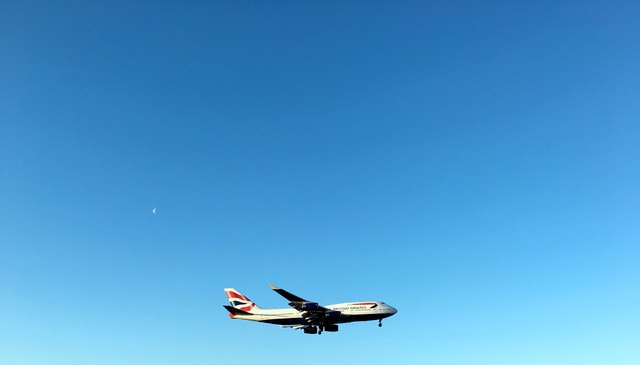The emergence of a new variant of the Sars-Cov2 virus in South Wales, England is expected not to worsen the development of COVID-19 handling in Indonesia.
Currently, a number of countries in Europe and Australia have reported having identified a similar virus called Sars-Cov-2-VUI2020-12 / 01.
The spokesperson for the COVID-19 Handling Task Force, Professor Wiku Adisasmito, stated that the COVID-19 Security Task Force had helped improve the regulations of travellers by implementing an addendum to circular letter No. 3 of 2020 concerning travel health protocols for people during Christmas and New Year holidays during the 2019 coronavirus pandemic.
“This is particularly intended for travellers arriving from the UK, Europe, and Australia. Due to the discovery of a new variant, it has the potential to be distributed to other countries,” said Wiku.
The circular letter regulates several stages of checks for foreign and Indonesian citizens travelling from foreign countries. Foreigners from the UK cannot enter Indonesian territory for the time being, either directly or transiting beforehand in a foreign country.
Meanwhile, foreign and Indonesian citizens travelling from European countries and Australia, either on direct flights or transiting in a third country, must show a negative RT-PCR test result issued by a health facility in the country of origin that is valid a maximum of 2×24 hours before the date of departure.
For the next stage, foreigners or Indonesians who pass the initial examination must retest the first RT-PCR.
“If the result is positive, then they have to undergo further treatment. If the result is negative, then the traveller must carry out the next stage, namely isolation for five days from the date of arrival,” he explained.
For foreigners or Indonesian citizens who are negative for COVID-19 and have undergone isolation for five days, an RT-PCR re-test will be carried out as the second stage. The consideration of this retest is the median incubation time of the COVID-19 virus, which is five days. If the second test result is negative, the traveller will be allowed to enter Indonesia.
However, if the second test result returns a positive, then further treatment will be required. In terms of costs, Wiku said that Indonesian citizens will be compensated by the government, whereas foreigners will have to pay independently.
“In principle, this regulation is formed to limit mobility, which can increase the chance of transmission as well as be responsive to the phenomenon of virus mutations in several countries in the world,” explained Wiku.
In addition, the Indonesian government is also committed to surveillance of genetic changes in the new variant of the Sars-Cov2 virus and its national and global distribution. The government says it is making every effort to prevent the entry of new variants of the virus to protect the safety and health of the country from the emergence of imported cases.




